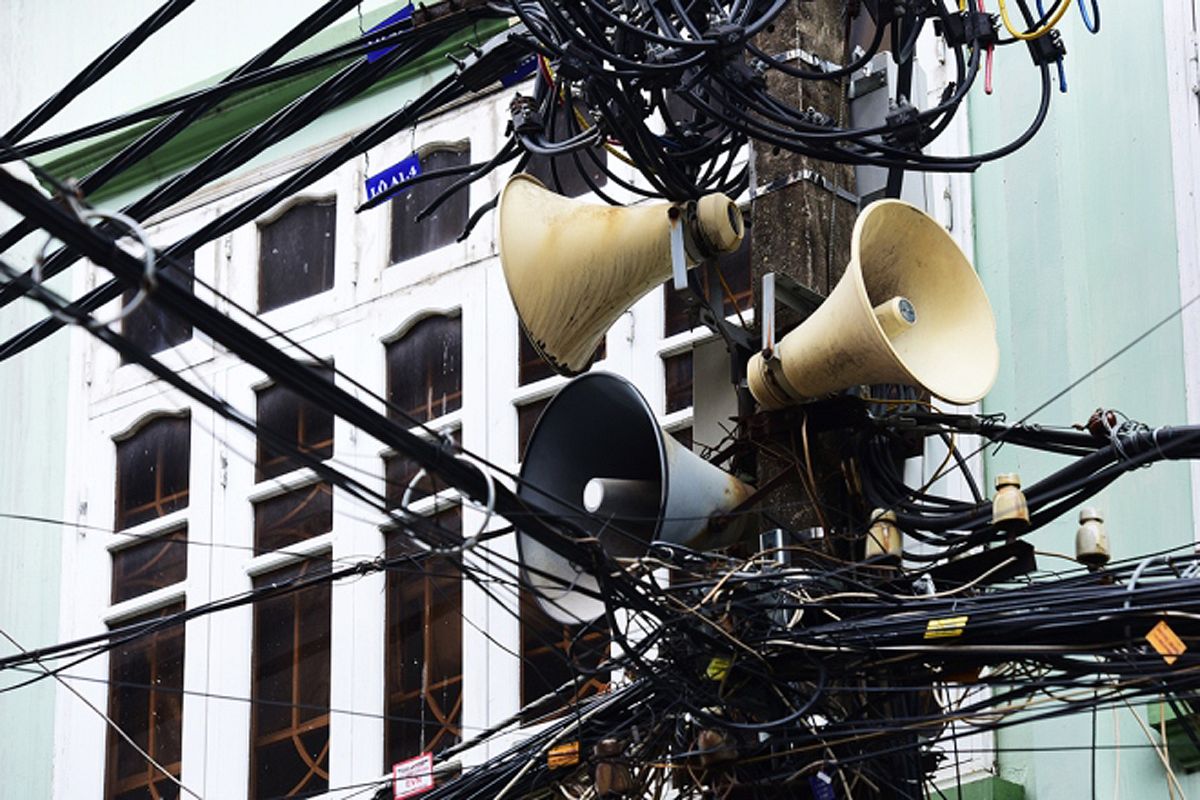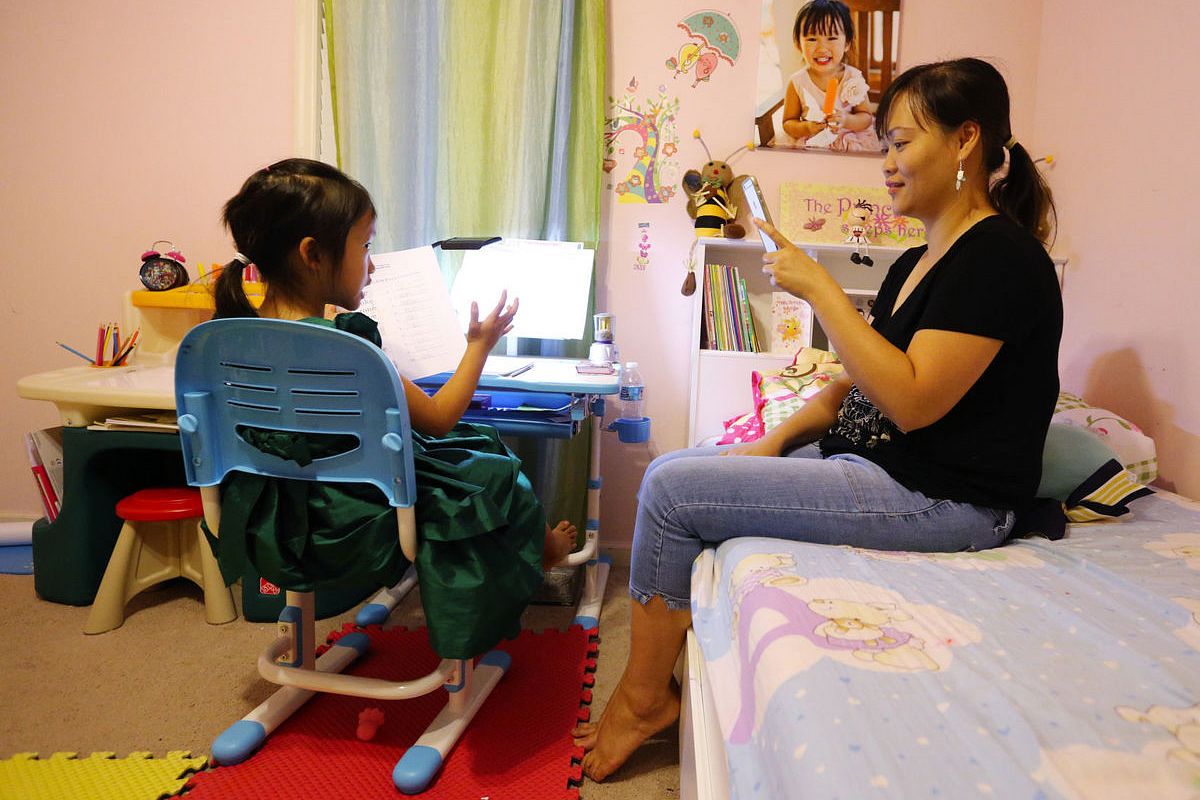Bioplastics, which are derived from plant- and animal-based materials, are believed to be less harmful to the environment than petroleum-based plastics because they produce less greenhouse gas.
By the end of July, Japanese convenience store chain 7-Eleven will switch its onigiri (rice balls) wrappers from petroleum-based plastics to bioplastics; a move expected to reduce the company's carbon dioxide emissions by 403 tons per year, Nikkei Asian Review reports. The new wrapping will be partially made from sugarcane fibers.
Amidst the Japanese government's calls to reduce plastic waste and customers becoming more conscious about using petroleum-based materials, the convenience store chain is putting more effort into reducing its plastic use.
The shift to biodegradable plastic will affect 2.2 billion rice snacks that 7-Eleven sells annually at its 22,000 stores across Japan. This month, in its Osaka stores, the company also started offering utensils made partially from plants, the news source shares.
Other convenience store companies are also switching to more environmentally friendly material. Family Mart recently switched to recycled plastic for its cold noodle containers, for example.
It's unclear whether the company has plans to extend the initiative to other countries with a 7-Eleven presence.
[Photo via Nikkei Asian Review]














